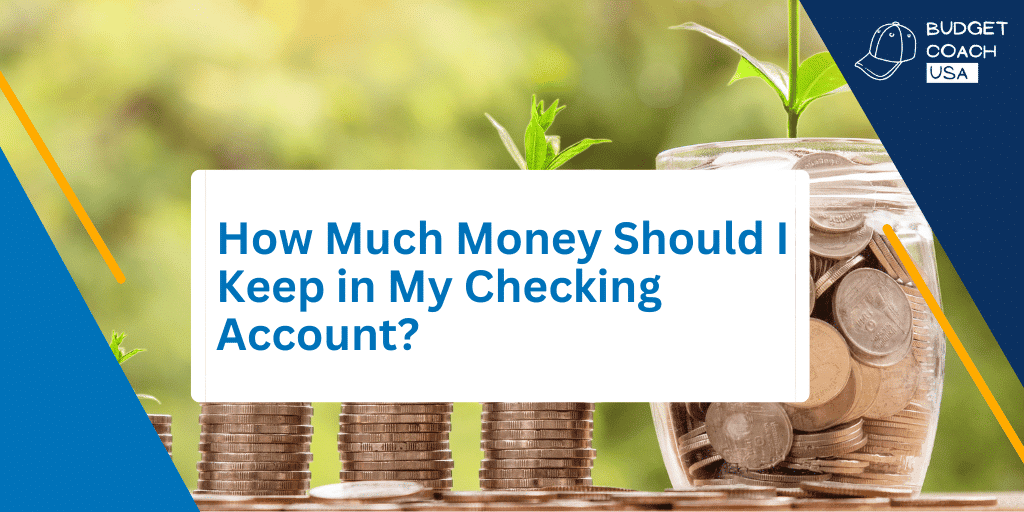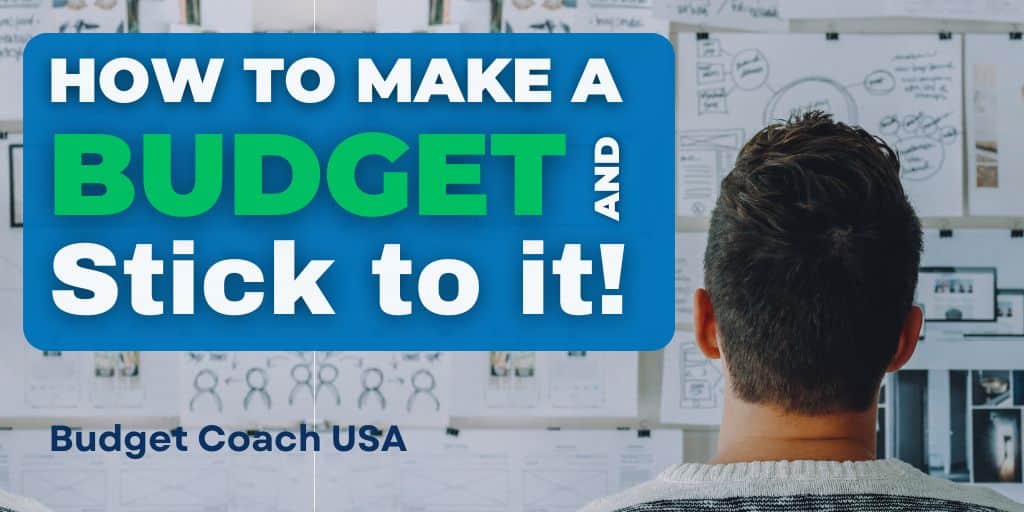Poor budgeting impacts individuals and households, leading to unnecessary financial stress and missed opportunities. From overspending to neglecting savings and emergency funds, the effects of poor budgeting are noticeable. Not only does it strain personal relationships and increase debt levels, but it also limits opportunities for future investments and financial growth. This article will explore the various consequences of poor budgeting and provide practical tips for improving financial management skills. Whether you are struggling with your budget or want to avoid falling into these common pitfalls, understanding the effects of poor budgeting is crucial for achieving long-term financial success.
Poor Budgeting Effects, Causes & How to Fix it.
Managing money can be a challenge because you really can’t take a month off. If you are not actively telling your money what job you want it to do every month you will soon begin to see the effects of poor budgeting.
What Happens When You Budget Poorly or Don’t Budget at All?
When you budget poorly or not at all it can have significant consequences on your financial future and your relationships. Let’s look at 4 ways budgeting poorly can affect you.
1. You Won’t Have Any or Not Enough Savings/ Emergency Fund
Failing to follow a budget is failing to control your money. This is often seen in impulse spending and disorganized priorities that all lead to the inability to aim your money toward a properly funded savings/ emergency fund.
2. You’ll Have No Retirement Planning or Idea How You Will Be Able to Retire
Budgeting poorly will exhaust any financial margin you have by leaking those dollars toward things and experiences you want today, ignoring the needs you’ll have later to be able to retire someday. In other words, failing to budget will “kick the can down the road” but doesn’t solve problems.
3. You May Experience Money Fights/ Additional Stress in Your Marriage
The effects of poor budgeting are not only seen in your bank account balance (or lack of it.) When you are not on the same page as your spouse when it comes to your financial priorities you’ll eventually begin to see the other as the reason you don’t have enough money for your wants and desires. You’ll feel that their spending is keeping you from the things you want and it won’t be long before the fights begin. Contrast that with a couple who take the time to agree on their financial priorities (now and long term) and collectively aim their money toward those priorities. This teamwork not only reduces or eliminates money fights but also helps you aim your money at the things that really matter. Budgeting together is agreeing together.
4. Your Debt Balances will Increase
If you are not budgeting effectively, you’ll inevitably overspend on impulse buys and misaligned priorities. When the car breaks down, or your furnace needs to be replaced there won’t be an emergency fund in place to pay for it. So…here comes more debt. Budgeting effectively solves problems before they occur.
What Causes Poor Budgeting?
What is the cause of poor budgeting? There can be many reasons but let’s look at the top 4 we see with our budget coaching business.
1. Limiting belief that anything (including a budget) can help.
Many people don’t budget their money because they don’t know what a zero-based budget is or why they are important. Their entire life experience with money is centered around the belief that there isn’t enough money available to them and therefore they have been sentenced to a life of mediocracy or even worse, poverty. This thinking leads to a vicious cycle:
- I don’t have enough money to have the life I want.
- There are no options or help for me. Other people that have money must be lucky.
- Because of this, I don’t really need to attempt to budget or control my numbers or outcomes because it is hopeless.

2. Unwillingness to Be Disciplined in Your Spending
This speaks for itself. If you are unable to choose what you want most, over what you want now, you’ll suffer the effects of poor budgeting such as limited funds, money fights, and increasing debt. A common cause of poor budgeting is simply being unwilling to discipline yourself to say no to spending. Spending is an appetite. If you are unwilling to control it, you’ll suffer the effects of poor budgeting.
3. Lack of Cooperation Between Spouses
Poor budgeting can be caused by a lack of cooperation between spouses. You can plan a budget but if one partner in a marriage is unwilling to live within the plan, you’ll suffer the consequences. This of course will inevitably lead to stress and money fights. Learn what successful money couples do here.
4. Lack of Goals and Dreams
Living for the day has some benefits but not if it comes at the expense of planned living. When you have goals and dreams, your decisions tend to form around those plans. Having goals and dreams motivates budgeting in support of those goals and dreams.

How to Fix Poor Budgeting and Avoid the Consequences
All challenges have solutions when it comes to money management. It really all comes down to your willingness to face the problem. Here are the best 3 ways to fix it and avoid the consequences of poor budgeting.
1. Begin with an honest budget
Complete our free zero-based budget PDF download. Be honest about your income and assign your expenses within the limits of your income.
2. Choose differently
Decide what you want most and choose it. If you are tired of money stress, choose differently every day and every month. Make your money and yourself behave. Your zero-based budget is your compass and your guide. Choose to live within it and win with money.
3. Point your money towards solving problems instead of feel-good purchases
Point your money toward your goals and dreams so it can solve problems and quit feeling broke. Some things may feel good now but have consequences later. Choose what you want most over what you want now.

7 Steps to Financial Wellness
- Save a starter emergency fund of $1,000 as fast as you can.
- Pay off your debt. Start by listing all of your debts except for your mortgage. Put them in order by balance from smallest to largest—regardless of interest rate. Pay minimum payments on everything but the little one. Focus on that one until it is gone. Then take that payment and put it toward the second-smallest debt, making minimum payments on the rest. That’s what’s called the debt snowball method, and you’ll use it to knock out your debts one by one until you are debt-free except for the house.
- Save a full emergency fund of 3 to 6 months of household expenses
- INVEST 15% of your gross income toward retirement.
- CONTRIBUTE to children’s college education fund.
- PAY off the house early.
- Build wealth and be generous.
Note: Steps 4,5 & 6 are worked on at the same time.







